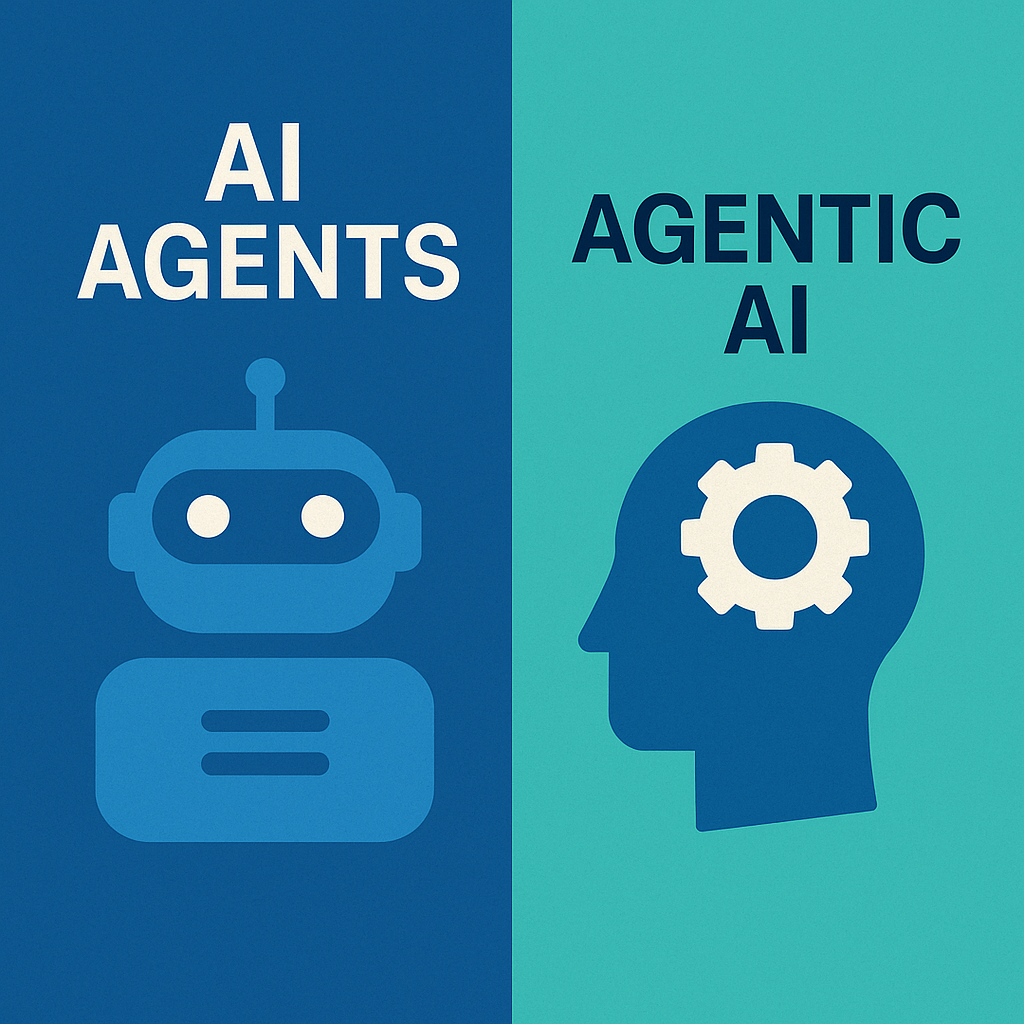AI Agents vs. Agentic AI: Understanding the Critical Differences
Ryan Frederick | July 30th, 2025 | Dublin, OH

In the realm of artificial intelligence, the terms "AI agents" and "agentic AI" are often used interchangeably, creating confusion for many. However, discerning their differences is vital for businesses seeking to harness AI effectively.
AI Agents, such as chatbots and virtual assistants, are tailored AI systems engineered to autonomously execute tasks with precision. They function within set parameters, relying on explicit rules, programmed behaviors, and machine learning models to excel in well-defined, repetitive tasks.
On the contrary, Agentic AI embodies a higher level of autonomy, decision-making prowess, and goal-oriented behavior. These systems exhibit proactive adaptation to dynamic environments, pursuing broader objectives that evolve over time. Capable of independent reasoning and strategizing, agentic AI learns from interactions, adjusts approaches, and operates beyond predefined instructions.
Key Contrasts:
Scope: AI agents operate within defined boundaries; agentic AI dynamically broadens its scope.
Autonomy: AI agents adhere to protocols; agentic AI formulates strategies and adjusts goals.
Adaptability: AI agents are task-centric; agentic AI continually learns and adapts to novel scenarios.
Understanding this disparity empowers businesses to strategically deploy AI solutions. Utilize AI agents for streamlined efficiency in routine tasks, while embracing agentic AI to drive innovation, adaptability, and transformation in complex operations and decision-making processes.
